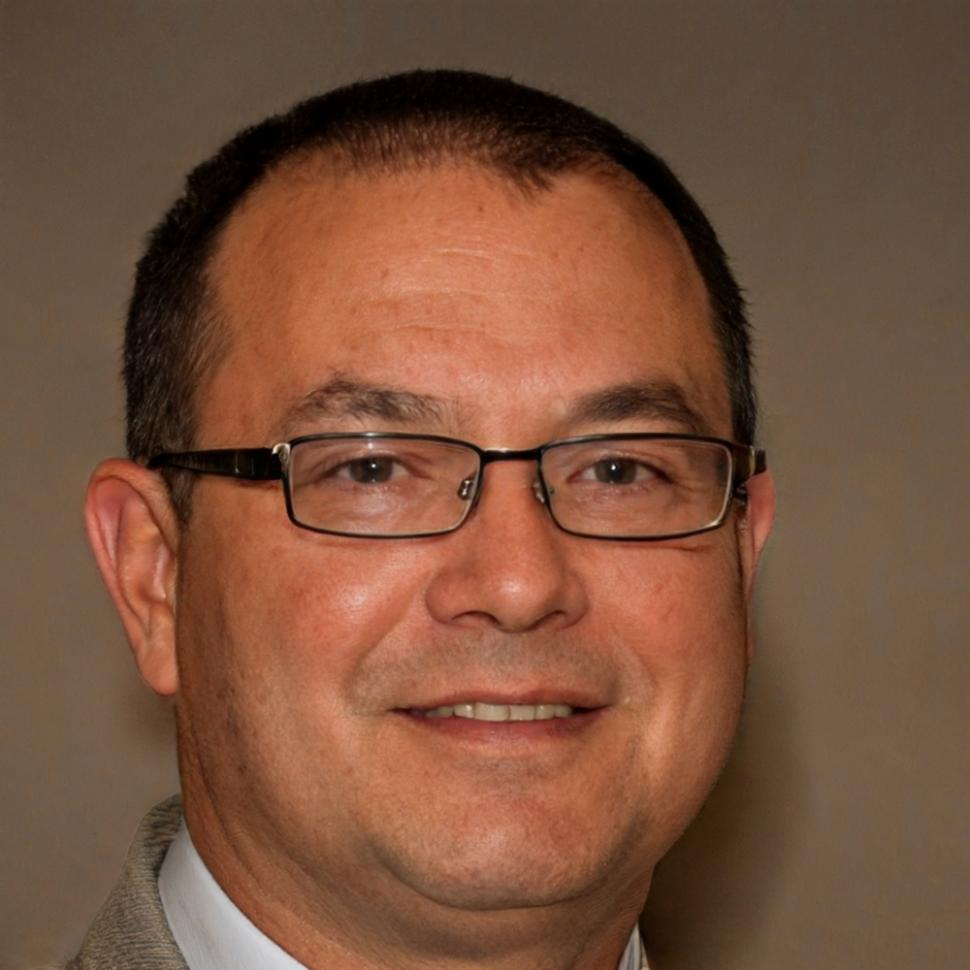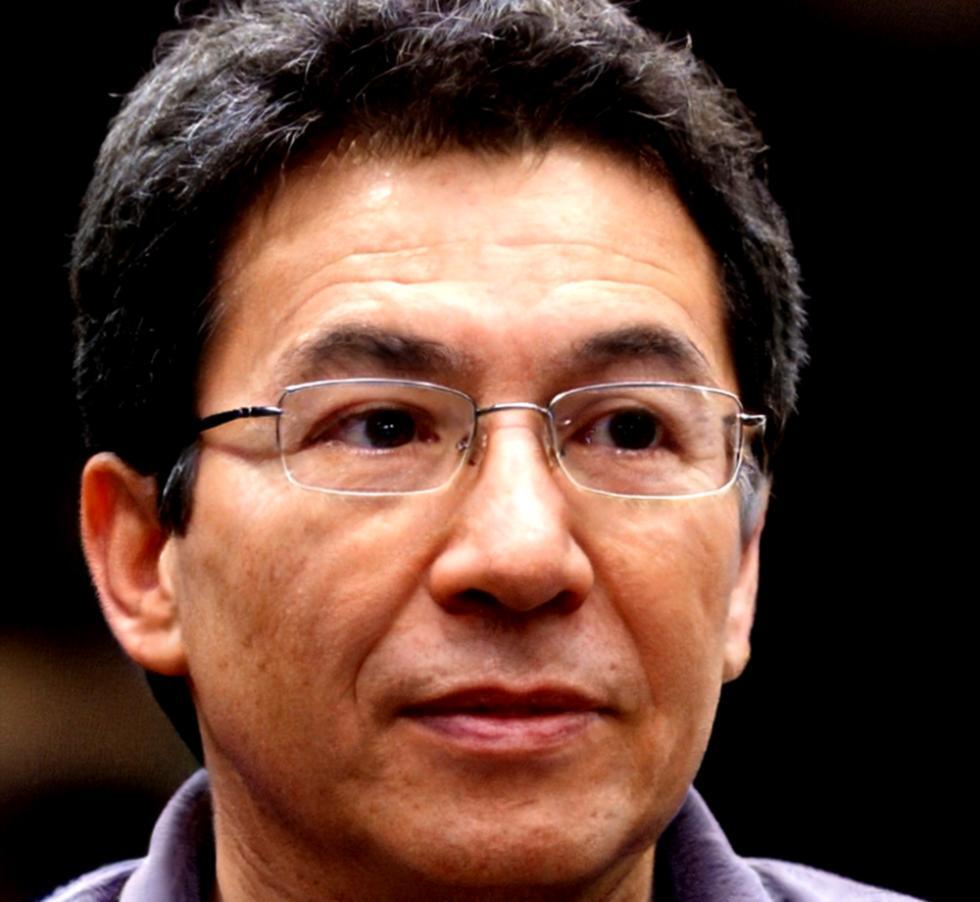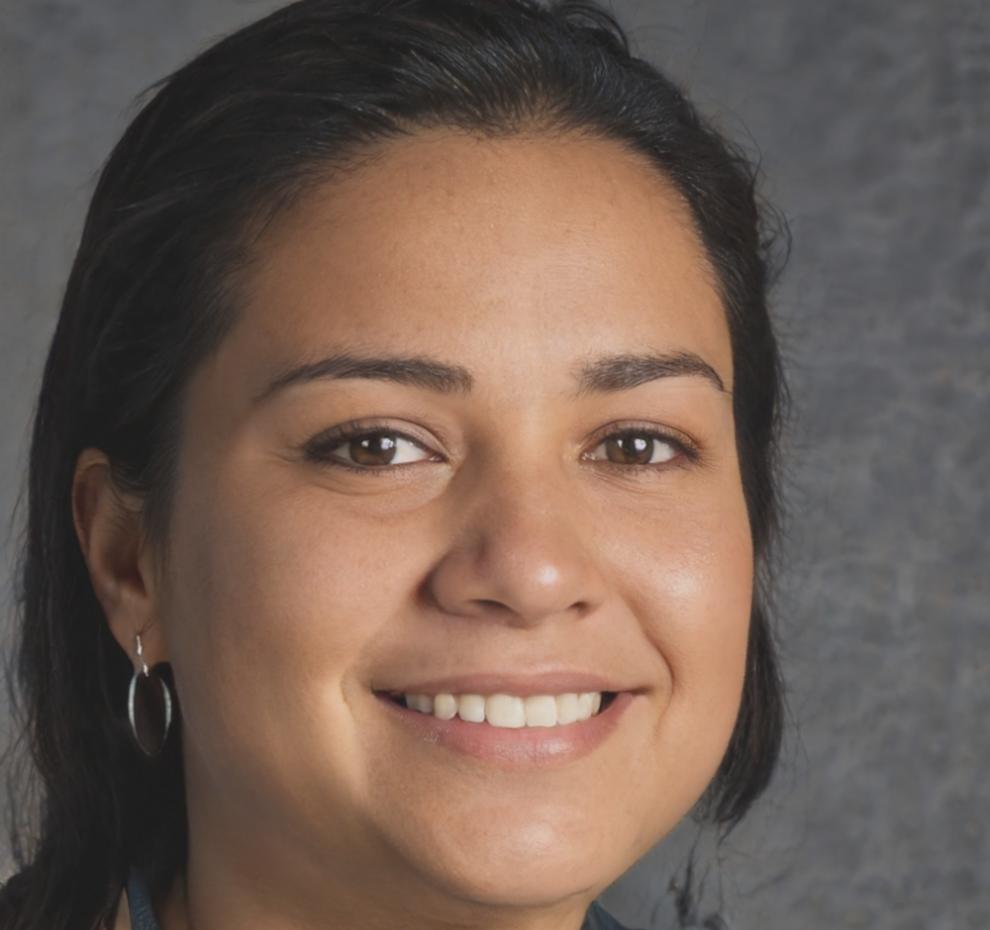Building Financial Confidence Through Practical Skills
Managing a budget surplus isn't just about saving money. It's about understanding where your funds can work harder, making informed decisions without second-guessing yourself, and building genuine financial security.
Our autumn 2025 program focuses on real-world application. You won't sit through lectures about theory. Instead, you'll work through actual surplus scenarios, learn from people who've made both smart moves and expensive mistakes, and develop a framework that fits your specific situation.
Eight Weekend Sessions
Starting September 2025, we meet every Saturday morning for three hours. That's enough time to dig into complex topics without overwhelming your schedule. And yeah, we break for coffee halfway through.
Small Group Format
Maximum twelve participants per cohort. This isn't a stadium lecture where you're lost in the crowd. You'll know everyone's name by week two, and the discussions get surprisingly candid.
What You'll Actually Learn
We've structured the program around four key areas. Each phase builds on the previous one, but the sessions aren't rigid. If the group needs more time on tax strategies or wants to explore investment options deeper, we adapt.
Assessment Foundation
First two weeks focus on understanding what you actually have. Not what your bank statement says, but the real picture including obligations, opportunities, and that emergency fund you've been meaning to set up properly.
Strategic Allocation
Weeks three and four cover where surplus funds should go. We analyze different approaches based on age, risk tolerance, and life circumstances. One size definitely doesn't fit all here.
Tax Efficiency
Weeks five and six dive into Australian tax considerations. This section saves most participants more than the program costs. We bring in a tax specialist for week six who answers your specific questions.
Long-Term Planning
Final two weeks look at sustainable wealth building. Property, shares, superannuation, or something else entirely. You'll develop a personalized roadmap that makes sense for your situation.
Who's Teaching This
Our instructors aren't academic theorists. They've managed surplus budgets for decades, made investment decisions that worked out well, and learned from a few that didn't. That experience matters when you're making similar choices with your own funds.

Declan Fothergill
Budget Strategy Lead
Spent eighteen years helping Australian households manage surplus funds. His specialty is breaking down complex financial concepts into decisions you can actually make on Monday morning.

Kasper Lindqvist
Investment Analysis
Former portfolio manager who now teaches practical investment approaches. He's particularly good at explaining why certain strategies work in theory but fail in practice when emotions get involved.

Dragan Petrović
Tax Strategy Specialist
Registered tax agent who joins us for specific sessions. He cuts through the jargon and focuses on practical tax efficiency that actually applies to people managing surplus household budgets.

How We Actually Run Sessions
Each weekend session follows a similar pattern. We start with a specific topic, work through real scenarios, then break into smaller discussions where you can ask questions without feeling like you're holding up the class. By the end, you've got actionable takeaways.
Case Study Analysis
We examine real surplus management situations, identify what worked and what didn't, then discuss how those lessons apply to your circumstances. Names are changed, but the numbers and decisions are authentic.
Interactive Planning
You'll create your own surplus allocation plan during the program. We provide templates, feedback, and reality checks. Most participants leave with a framework they can implement immediately.
Group Discussion
The best insights often come from other participants. Someone managing a similar surplus to yours might share an approach you hadn't considered. These conversations get surprisingly detailed and helpful.
Resource Access
All participants get ongoing access to planning templates, calculation tools, and reference materials. Plus a private forum where you can ask questions after the program ends.
Scenario Modeling
We work through different economic conditions and life changes. What happens to your strategy if interest rates shift? If you change jobs? If you inherit money? Planning for uncertainty matters.
Implementation Support
The final session focuses on actually executing your plan. We cover common obstacles, psychological barriers to following through, and how to adjust your approach when circumstances change.

What Past Participants Say
Our spring 2024 cohort included twelve participants with surplus situations ranging from modest to substantial. They came from different industries, age groups, and experience levels. Here's what some of them shared after completing the program.

Siobhan Brennan
Marketing Manager, Sydney
I'd been sitting on surplus funds for two years, paralyzed by all the options. The program didn't just give me a plan. It helped me understand why certain approaches made sense for my situation specifically. I left with clarity and actually followed through.